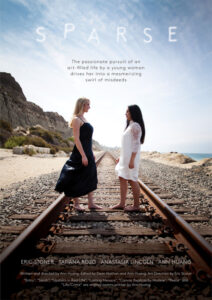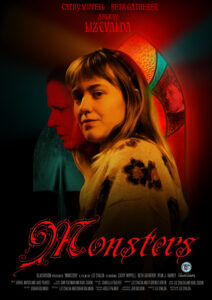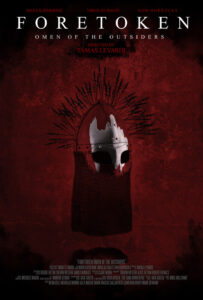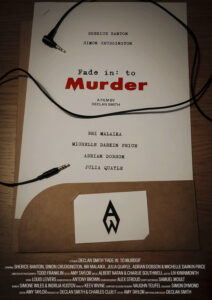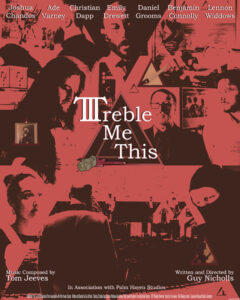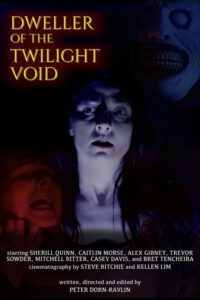Sparse By Ann Huang
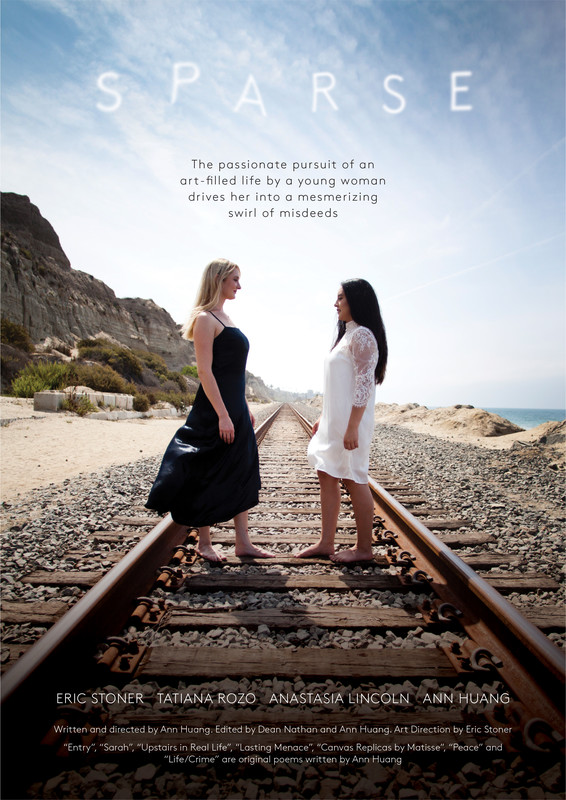
“Sparse: A Mesmerizing Dive into Avant-Garde Storytelling”
Ann Huang’s “Sparse” is a short film that takes viewers on a journey into the passionate pursuit of an art-filled life by a young woman, leading her into a mesmerizing swirl of misdeeds. This avant-garde experimental film explores the complexities of artistic expression and self-discovery, offering a unique blend of a poetic mood and a contradictory storytelling style.
The first impression one might have been that the filming and editing appear to be the work of an amateur. The visuals initially seem raw and unpolished, challenging traditional expectations. However, as the narrative unfolds, it becomes evident that this seemingly unpolished style is a deliberate and risky choice made by the filmmaker. It is a well-crafted approach that gives “Sparse” its distinct identity as an experimental short film.
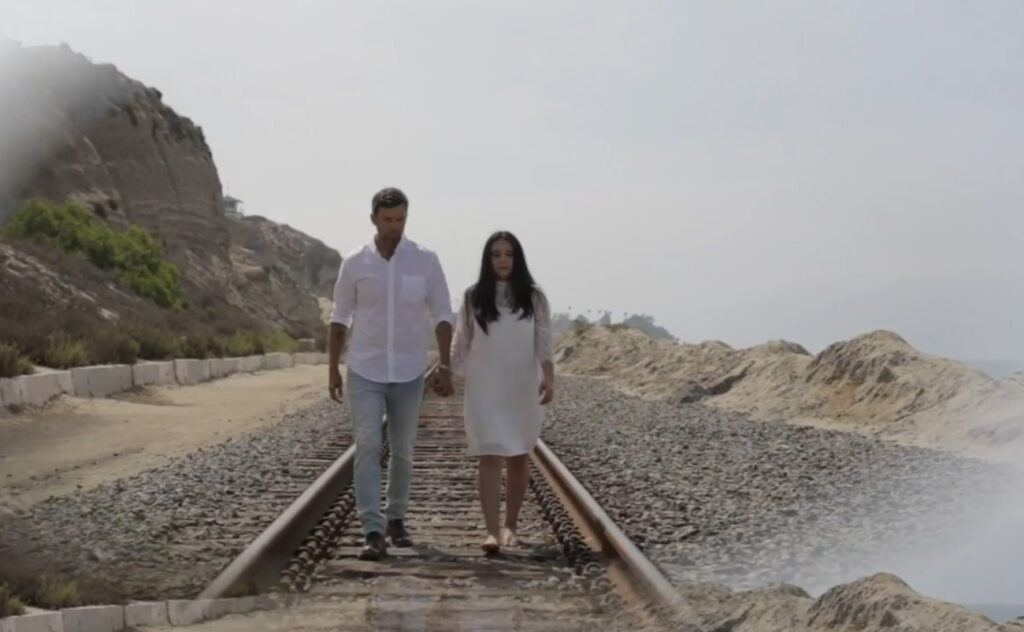
The title, “Sparse,” resonates with the film’s visual style and thematic exploration. The deliberate lack of excess in the Linear narrative aligns with the film’s title, emphasizing the simplicity and restraint in its storytelling.
The avant-garde experimental nature of “Sparse” is evident in its departure from conventional storytelling techniques. The film challenges viewers to embrace ambiguity and open-endedness, creating an immersive experience that relies on visual and emotional cues rather than a straightforward narrative. This approach may be disorienting initially, but it ultimately invites the audience to actively participate in the interpretation of the story.
The poetic mood that permeates “Sparse” adds an additional layer of complexity to the viewing experience. The film unfolds like a series of visual poems, with each frame carefully composed to evoke emotions and provoke thought. The poetic elements serve as a bridge between the experimental style and the narrative, creating a harmonious blend that is both challenging and captivating.
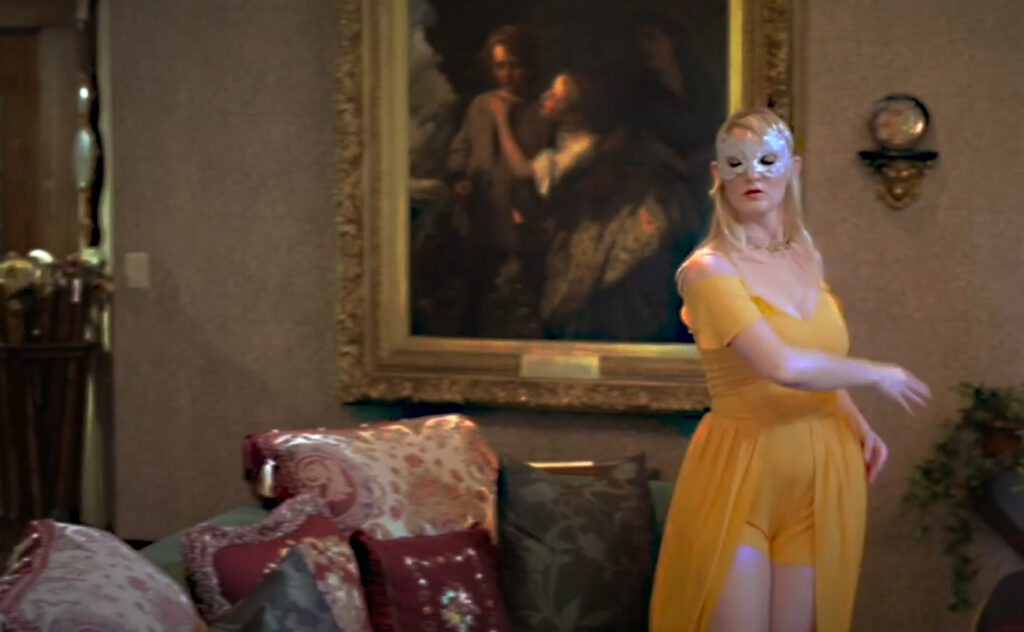
One notable aspect of “Sparse” is its lack of ambient sound, a deliberate choice that, in turn, affects the pacing of the film. The absence of a conventional soundtrack allows the audience to focus on the visual and emotional nuances presented on screen. This bold decision, although potentially unsettling at first, contributes to the film’s overall experimental nature.
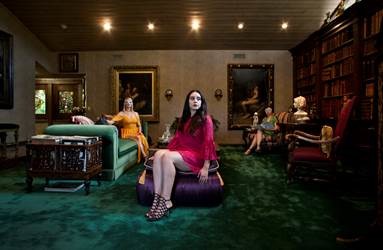
This Short Film directed by Ann Huang is a daring exploration of avant-garde experimental filmmaking. The film’s poetic mood, coupled with its contradictory storytelling style, creates a captivating experience that invites viewers to immerse themselves in the passionate pursuit of an art-filled life. Despite initial impressions of amateurish filming, “Sparse” ultimately proves to be a well-crafted and thought-provoking short film, pushing the boundaries of conventional storytelling and leaving a lasting impression on those willing to embrace its experimental nature.
K.Araman
Monthly Indie Shorts
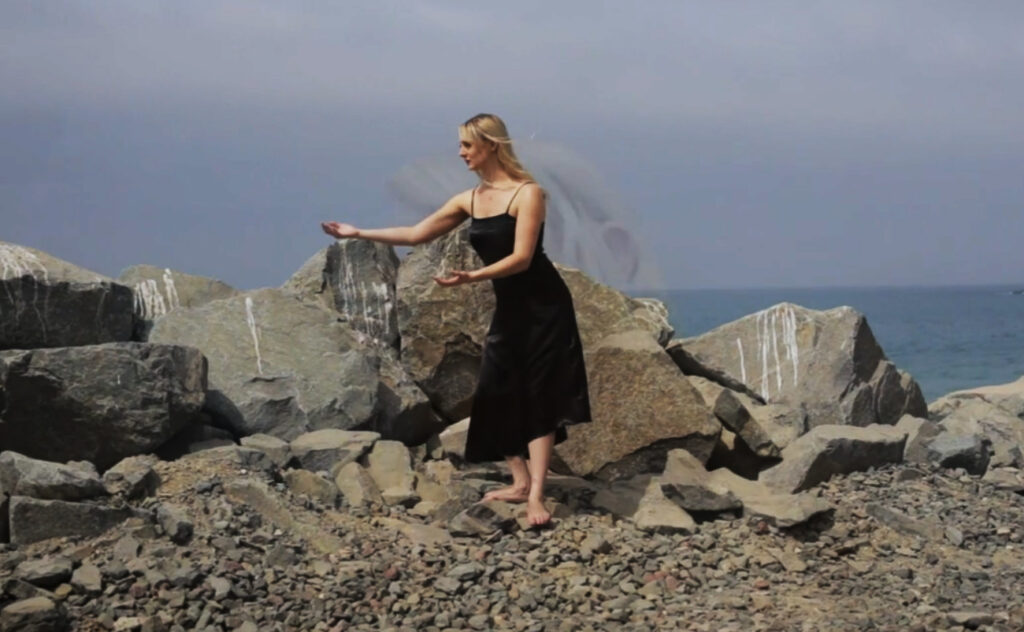
Rating
About Ann

Ann Huang is a China-born, Mexican-raised auteur filmmaker based in Newport Beach, California. She is the managing director at Saffron Splash Media, an avant-garde production house responsible for three award-winning experimental poetry films adapted by her original poetry. Huang’s first film, Palpitations of Dust, was officially selected for the 2018 Amarcord Chicago Arthouse Film Awards. Her second film, Indelible Winter, won the Best Editing Award at the Independent Shorts Awards. Most recently, The Pines of Spring won the award for Best Editing at the Marina del Rey Film Festival and was a semi-finalist at the Los Angeles Film Awards. Huang’s fourth film, Sparse, will complete this quadrilogy of experimental films and is set to release to film awards circuit in December 2018.
